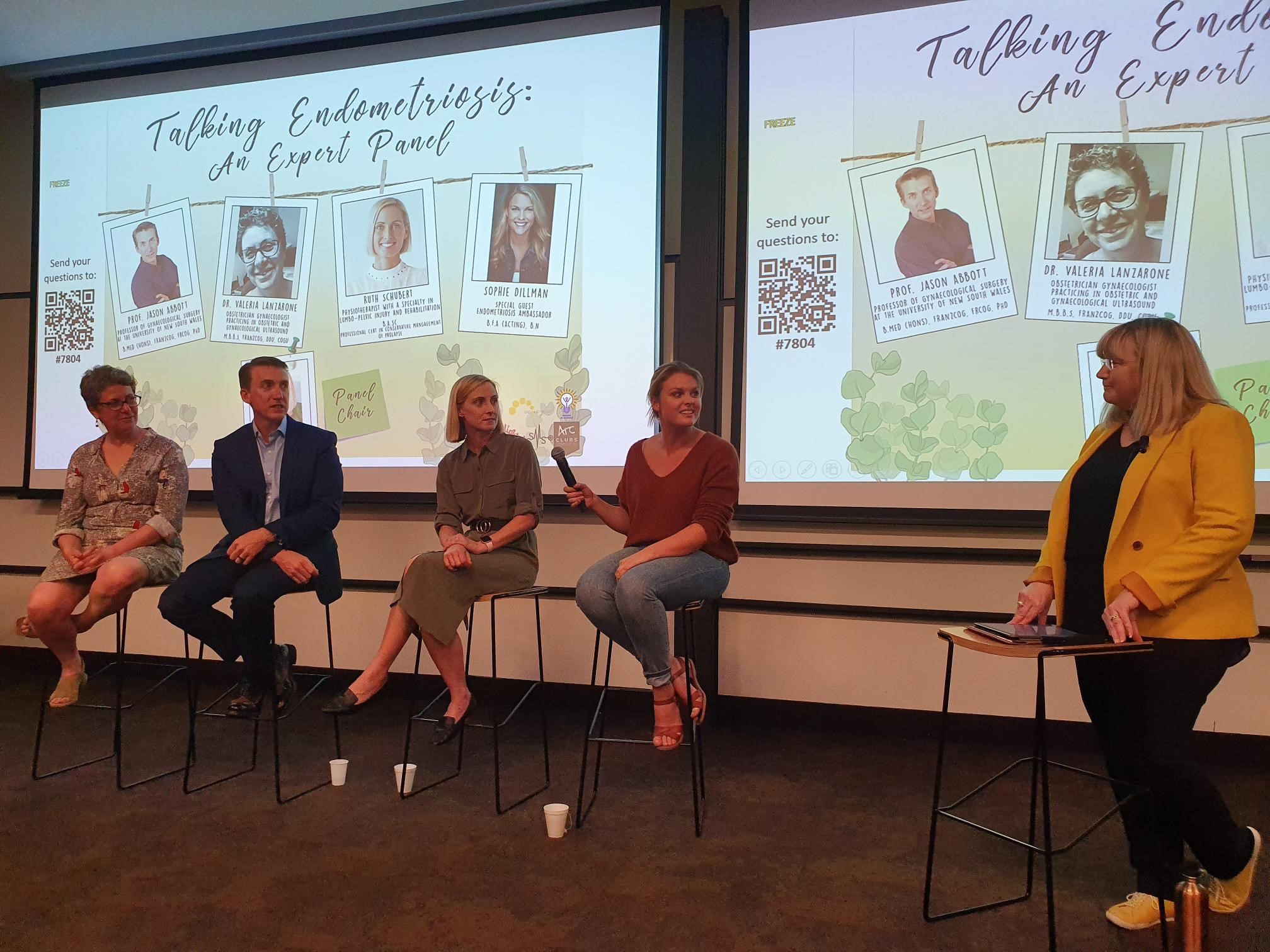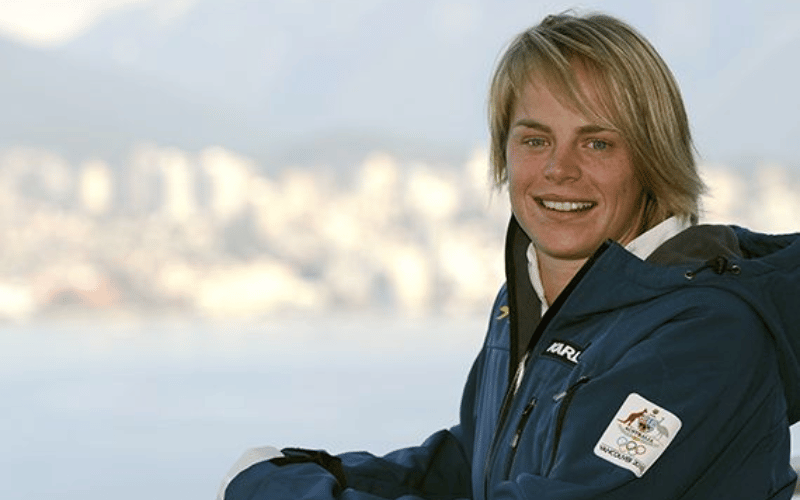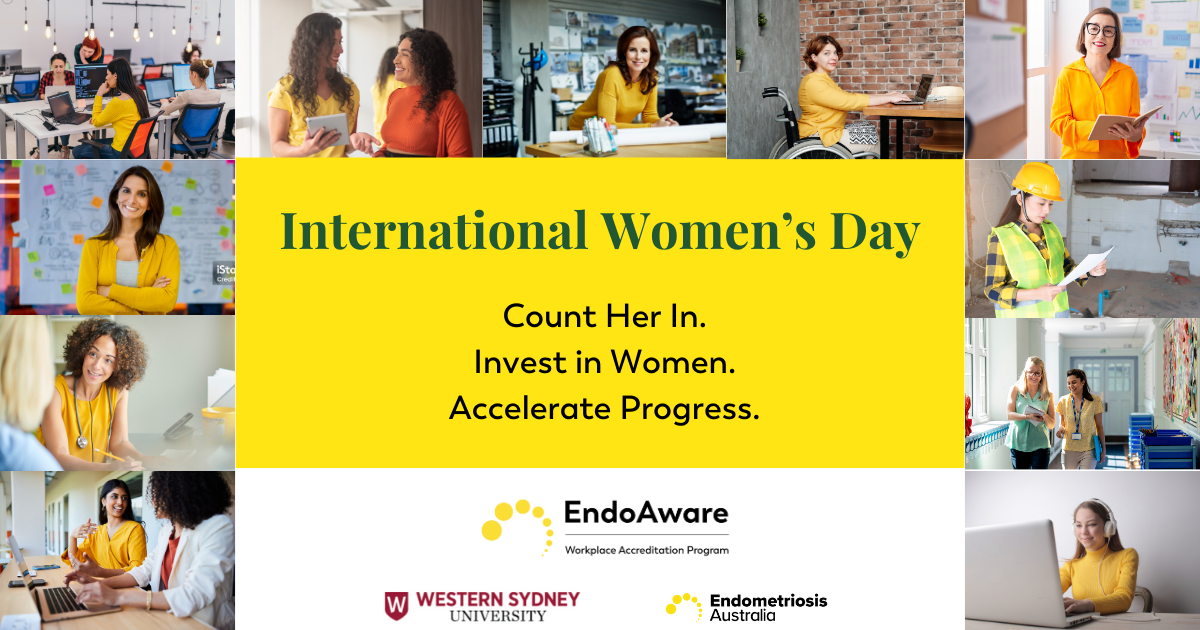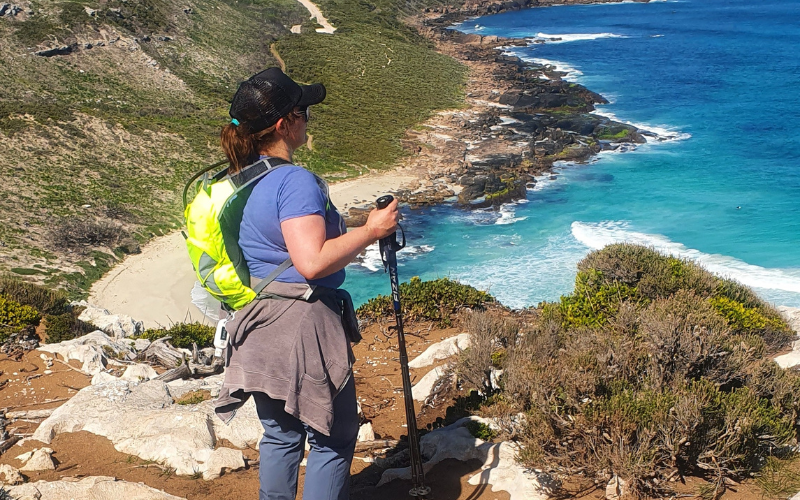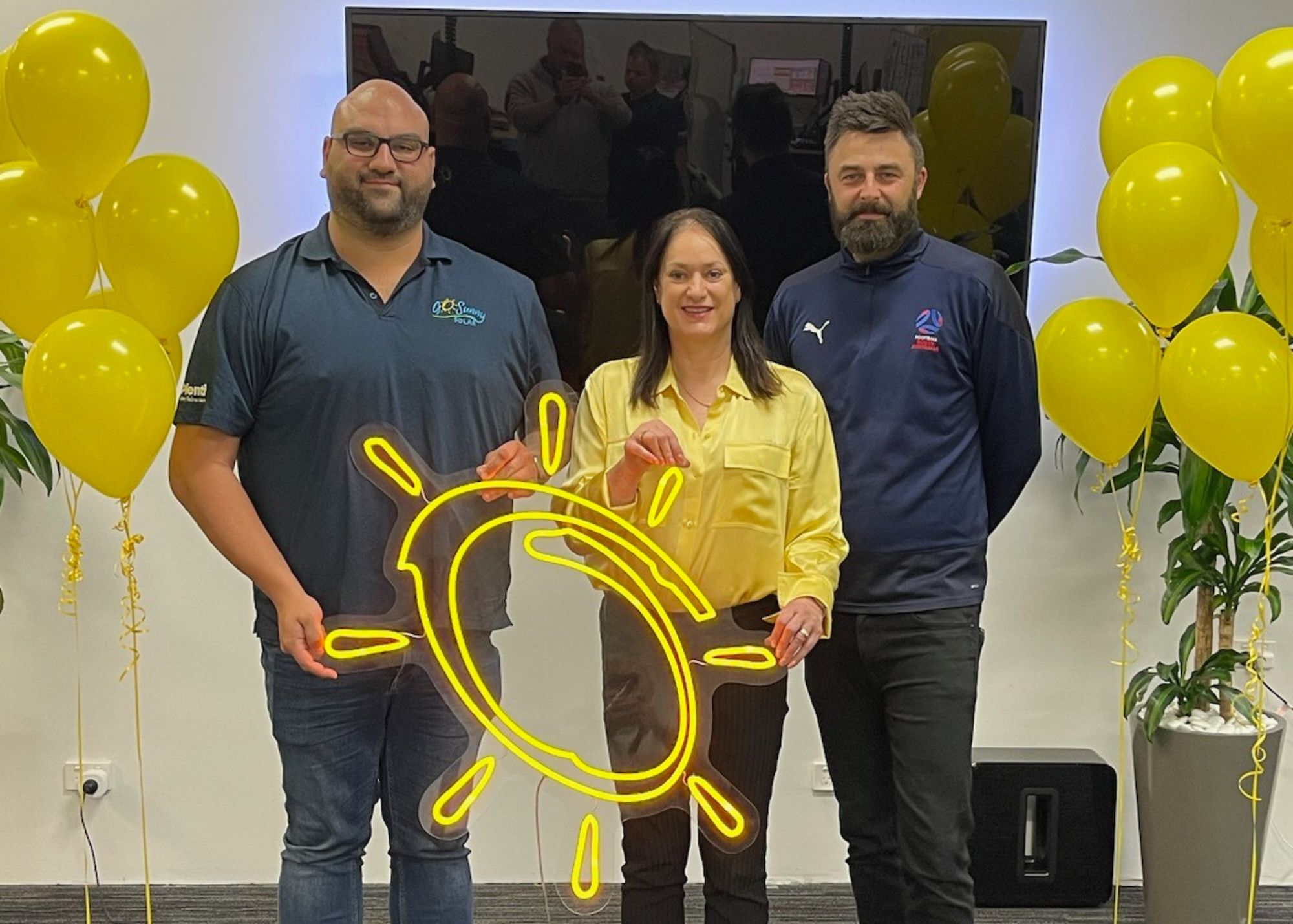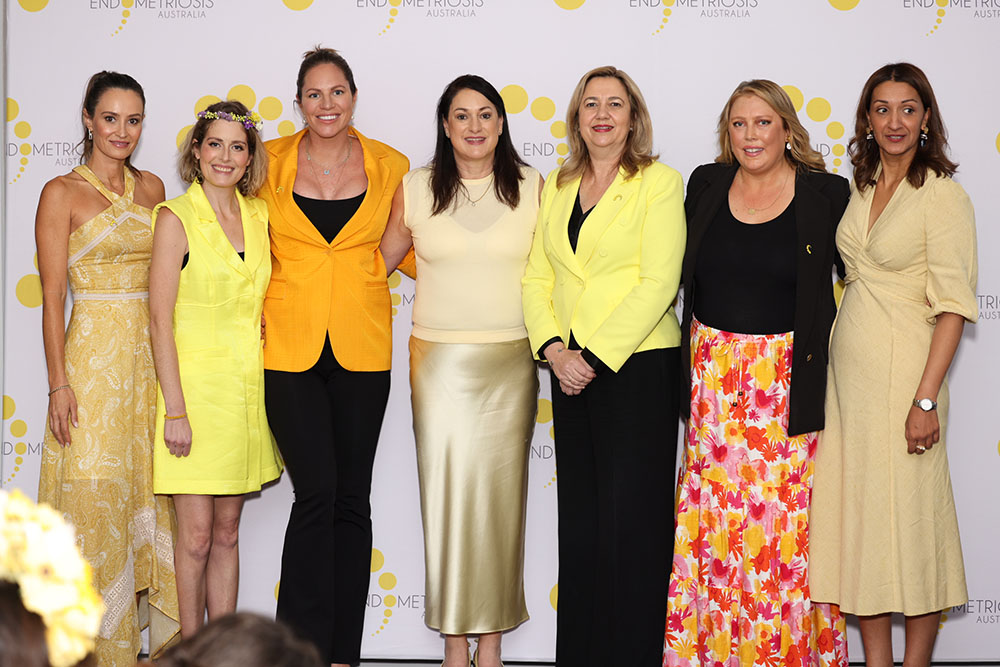“Surgery is sexy. But you need a specialist that considers all complementary services. Surgery may be helpful, but it won’t solve all issues of the disease. You need physios, psychologists and a support network to help you get better and be resilient enough to fight the disease.” – Dr. Valeria Lanzarone, Obstetrician Gynaecologist
UNSW Sydney’s Students of Medical Science Society (SMSSOC) organised an interactive panel event at UNSW Sydney’s Kensington campus, targeted at students and faculty of allied health and medicine.
Facilitated by Endometriosis Australia’s cofounder and board director, Donna Ciccia – this event hosted specialised experts in the medical industry, Professor Jason Abbott – PhD in Endometriosis Surgery, Ruth Schubert – Pelvic Pain Physiotherapist, Dr. Valeria Lanzarone – Gynaecologist and specialist in DIE Ultrasounds and special guest Sophie Dillman – Endometriosis Ambassador.
New Australian research has demonstrated that 11.4% of women in Australia (about 780,000) have endometriosis. Endometriosis Australia works tirelessly to raise awareness, with Donna reiterating, “patient outcomes need to be number one. Surgeons do a great job, but the patient still has a lot to recover from. Patients need a more holistic approach to help them deal with their endometriosis, a disease which to-date has no cure. We try to build an empowering community online through Endometriosis Australia’s Facebook discussion group, where all women have a voice, are heard and have support to get them through another day.”
Thanks to Floodlight Podcast, who started the conversation for UNSW Students on Endometriosis, leading to this event.
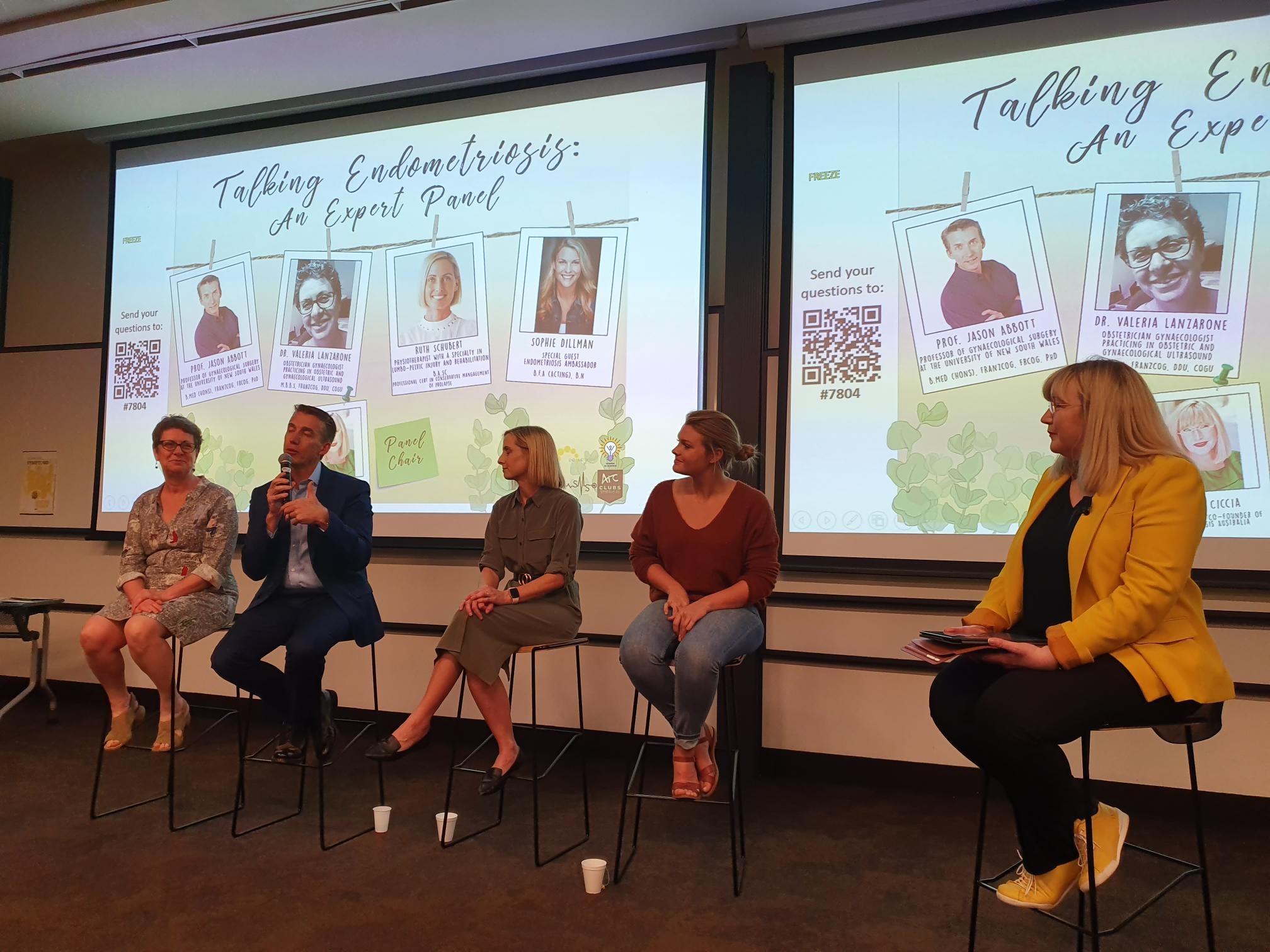
Women’s Health: The Highs, The Lows, The Future
When Jason was a medical student, he realised he wanted to work in women’s health. His first experience of Endometriosis was as a resident, making him want to evoke change and spurring him into the field of research in the UK. Jason has since worked with Endometriosis for 25 years and acknowledges that although there is much more agreement in positive treatment for women with this disease, there is still lots of ground to be covered.
“Lots of doctors are misinformed and don’t listen to their patients. I hope more doctors learn to listen and believe their patients, rather than have patients bounce around to different doctors before getting an accurate diagnosis.
There’s been a huge shift in the past five years to increasing awareness of and specialisation in this field, as well as what complementary services are needed to combat the disease. Doctors used to think it was just little dots in the body, but now recognise it’s a full body experience that causes issues
‘downstream’ (to nerves and muscles) and upstream (through the spinal cord and brain).”
With women and practitioners now able to talk more freely about women’s health issues and help develop treatments, we should see an improvement in allied health services in the coming years.
“Further research is encouraged to further inspire and change women’s lives.” Ruth said. “Physios are starting to ask better questions and deep dive into women’s health, but there’s still so much progress that needs to be made to meet the demand. There is a huge variance of this disease in each patient, so practitioners need to be really flexible in their approach to modern medicine.”
Education: Medical Practitioners, Students, Peers
Through over forty years of research, we have found that the same rate of women typically suffers Endometriosis, with most of the population not responding to simple laparoscopic techniques. It has been important we reinvigorate the way we approach women’s health therapy and inspire medical practitioners to work together to help change women’s lives.
Dr. Valeria, a gynaecologist and specialist in DIE ultrasounds says 95% of information that specialists need to diagnose patients with endometriosis can be confirmed on an ultrasound, the single biggest step in the right direction to making a diagnosis without surgery.
“Ultrasounds are a very good way to examine the pelvis, because they are more than still radiology images and the person doing the scan be interacting with the anatomy they are examining, which gives you clues to analysing the patterns of endometriosis. With the right experience and education, you can see repetitive patterns of endometriosis in women’s ultrasounds.
Ultrasounds are incredibly variable, so the challenge is in making sure as many people are educated and trained in doing ultrasounds that can diagnose endometriosis. It’s a big challenge in the medical industry to permeate the current syllabus to encourage people to learn, train and report on their findings. Detecting endometriosis via an ultrasound is not done through a different machine, it doesn’t matter whether you’re in the city or rural, it’s just learning and being confident to apply a specific technique.”
Medical practitioners are starting to ask better questions and monitor patient results long-term. The difficulty with Endometriosis is that it isn’t just one disease, it’s a subtype of diseases that is very invasive and responds differently to treatment for each patient.
Education is key, with Professor Jason Abbott developing a whole chapter within the UNSW Sydney Faculty of Medicine’s undergraduate curriculum to Endometriosis. “Endometriosis can affect all parts of the human body– so it’s critical to disseminate the right information across the medical board so that everyone knows about it. I regularly teach obstetrician and gynaecologists about endometriosis. It’s starting to appear in more medical school curriculums around Australia, but the information can be varied so needs to be referenced to correct websites, such as Endometriosis Australia.”
Donna reiterates that it’s ok for practitioners to say, I don’t know – let me find out for you, or to refer patients to another more specialised practitioner. Everyone is learning, but one of the worst mistakes you can cause a patient is misdiagnosis or ignore their problems.
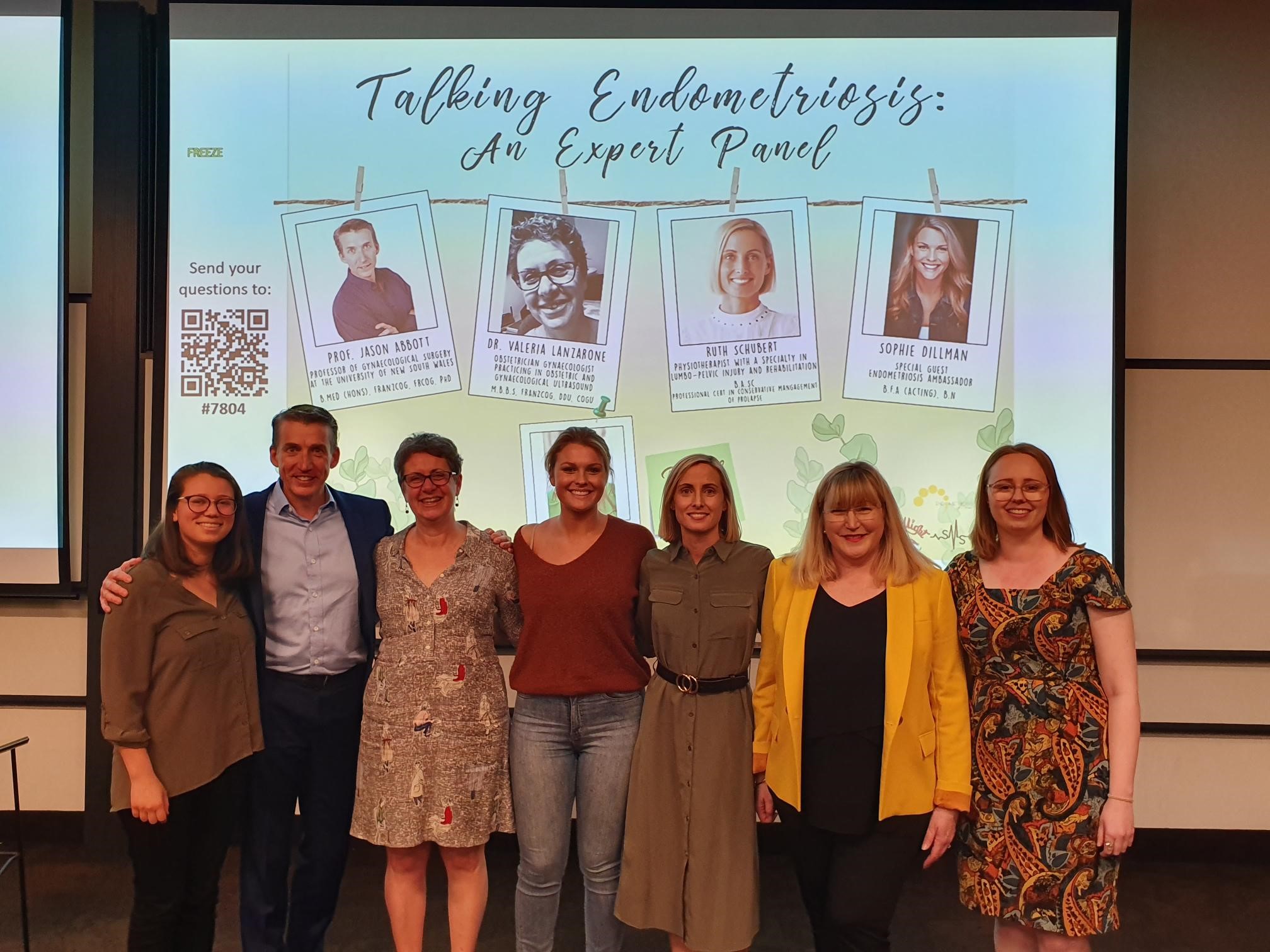
Living With Endometriosis: Stigmatisation, Mental Health and Support
As a woman living with Endometriosis for several years, Sophie is no stranger to the same symptoms and triggers we all suffer. “I had two laparoscopies before my specialist was able to confirm I had endometriosis, it was from constant misdiagnoses – from being told to get pregnant to fix my condition, or have a hysterectomy – like these are both easy options to do as a 27 year old – that I continued to search for answers.” Tired of not being heard, Sophie became an Ambassador for Endometriosis Australia, to shine the light on this disease and help others in the same position.
“In my current role as Ziggy on Home & Away, I spend most days in a bikini on the beach – so I have had to learn to deal with my disease; the fluctuations of my bloated stomach and change in breast size, to breakouts and cramps. As a public figure, this can be challenging and anxiety gets tough to deal with.”
Anxiety and depression are very common symptoms for people living with chronic diseases, with so much misinformation easily accessible on Google and social media platforms. “Anything that causes constant pain and affects fertility is going to have a huge impact on mental health” Jason remarks, “Depression and anxiety are a substantial part of them. Often reactive to pain, our bodies then develop full blown problems. If you’re constantly told you don’t have problem and you’re not believed by your doctor, it can make you angry and cause a barrier to receiving good care in the long run.”
Endometriosis is a disease with no cure. It is an experience and people’s experiences can be very different. We know endometriosis symptoms often correlate with other symptoms in life, such as significant life stressors, mental and physical health and diet – therefore practitioners need to take a multifaceted approach.
Every woman needs to find their tribe – a circle of trusted family, friends and practitioners that can offer them a holistic approach to living with endometriosis.
And what can the men in our lives do? “I’m glad you asked” says Donna, “just be there, be supportive and listen. Be prepared to stand by and support the women in your lives that are living with this disease”.

